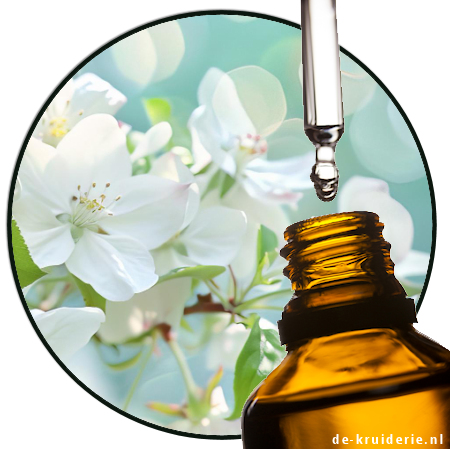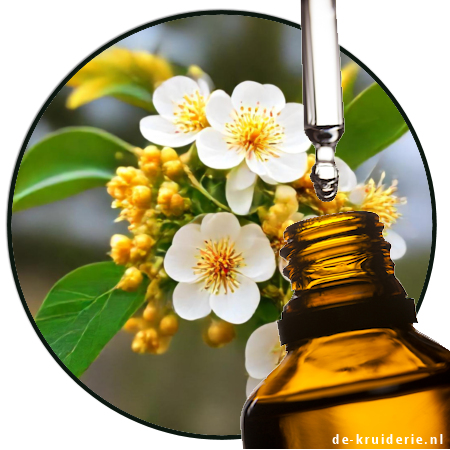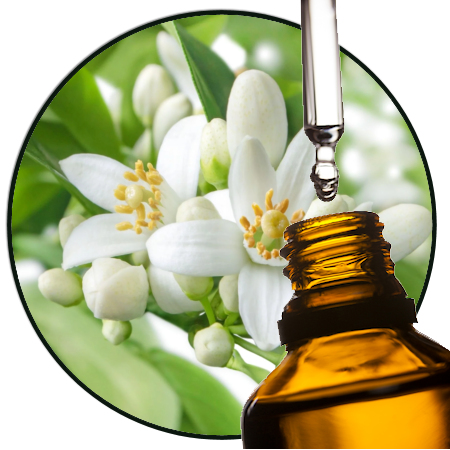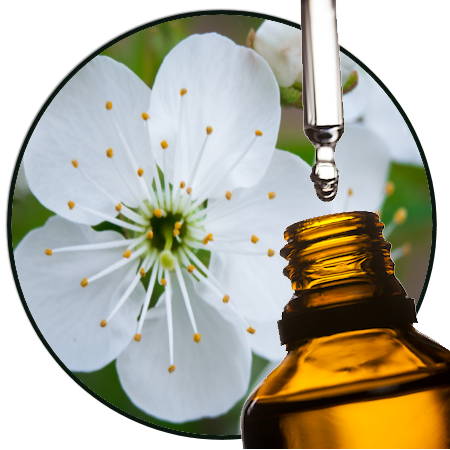Neroli / Orange Blossom China (EO)
Botanical name: Citrus aurantium L. ssp. Amara
Pure essential oil
Fragrance group: flowers
Origin : China
Fragrance Description: Medium (116 hours on fragrance strip)
Fragrance strength: a powerful yet delicate bittersweet floral scent, with citrusy, green and slightly spicy nuances and an exotic and slightly animalic hint
Extraction method: Steam distillation of the white blossoms of the bitter orange tree
CAS: 8016-38-4
1st Class Quality Products
All fragrances are selected with care
Delivery from stock
We supply everything from our own stock, unless otherwise stated on the product itself.
Neroli has traditionally been used in the original Eau de Cologne.
Comparison: Neroli Egypt vs. Neroli China
Feature Neroli Egypt 🇪🇬 Neroli China 🇨🇳 Botanical name Citrus aurantium ssp. amara Citrus aurantium ssp. amara Extraction method Steam distillation of fresh blossoms Steam distillation, sometimes solvent for absolute Fragrance profile Sweet, floral, honeyed, luxurious Fresh, citrusy, slightly greener Fragrance intensity Deep and round, suitable for high-end perfumes Lighter, suitable for fresh blends Application Luxury perfumery, skin care, aromatherapy Cosmetics, soap, budget perfumes Price level High (premium quality) Lower (large-scale production) Origin flowers Hand-picked, often organic Often cultivated, less strictly selected Emotional effect Calming, sensual, comforting Exciting, refreshing Typical users Perfumers, aromatherapists, luxury brands Cosmetics industry, bulk producers Summary
- Neroli from Egypt (also in our range) is known for its deep floral complexity and is often chosen for romantic, sensual perfumes and therapeutic applications.
- Neroli from China tends to be lighter and fresher , ideal for large-scale production and applications where price and availability are more important than olfactory complexity.
Both oils come from the same plant species, but differ greatly in scent and quality due to climate, harvesting methods, and distillation practices.













